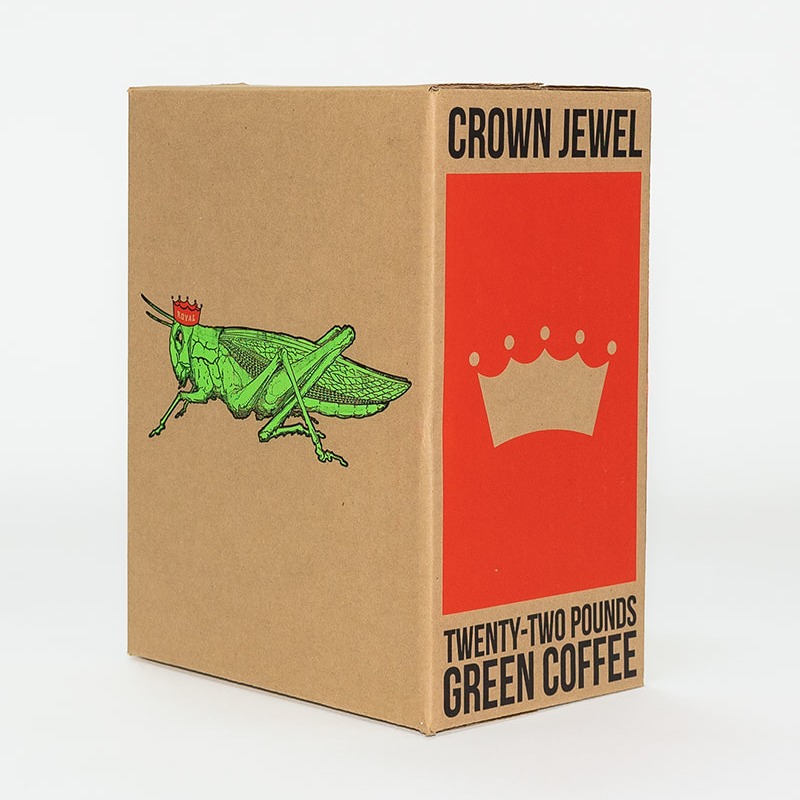Peru Farmgate Ermitaño Huillca Quispe – 29802 – GrainPro Bags – SPOT RCWHSE
Position Spot
Bags 0
Warehouses Oakland
Flavor Profile Peach, raspberry, rose, toffee, chocolate
Please Note This coffee landed more than 8 months ago.
Out of stock
About this coffee
Grower
Ermitaño Huillca Quispe
Altitude
1700 - 1850 masl
Variety
Typica, Catimor
Soil
Clay loam
Region
Mendosayoc municipality, Yanatile district, Calca Province, Cusco Department, Peru
Process
Fully washed and dried on patios and elevated tables inside solar dryers that provide protection from the rain
Harvest
May - August
Certification
Conventional
Coffee Background
In Peru the bulk of coffee production comes from small farms owned and managed by people who follow organic farm management practice attuned to their cultural connection with the land. Producers typically cultivate coffee on just a few acres of land intercropped with shade trees, bananas, corn, and beans. They carefully harvest and sort cherries before depulping, fermenting, washing, and drying the coffee using their own micro-mills. While producers design farm management and post-harvest solutions to fit their needs, they also need a strong alliance to bring their coffee to the international market and earn fair prices.
Ermitaño Huillca Quispe’s farm is 1.5 hectares in size and located in the Mendosayoc community, part of the Yanatile valley north of Cusco city. The vast majority of Ermitaño’s coffee is typica, which, even in Peru, one of the Americas’ last bastions of the variety, is quite rare to find. In addition to coffee Ermitaño also grows citrus fruits, cherimoya, and granadilla (a species of passionfruit). Ermitaño, being a small farmer, manages all aspects of processing himself, depulping, fermenting, and drying on shaded raised beds on his own property.
Ermitaño is a member of a newly-formed regional association called Café Orígenes. Café Orígenes is in its second year of business exporting coffee from the Yanatile region of southern Peru. After recognizing that producers in Peru’s Lacco Valley, part of historic the Yanatile/Cusco producing zone, were outnumbered by predatory local buyers and with no direct market access, the founders solicited the help of a local NGO, Andean Alliance for Sustainable Development (AASD). With financial and legislative support of AASD, along with coffee farmers from the area, Café Orígenes was created. In addition to marketing and exportation Café Orígenes also invests in farmer soil fertility and farm resistance to disease, conducts quality control and lot building to maximize differentiation for farmers, and offers full price transparency to their buyers. 100% of profits are re-invested in the organization to expand access of their services to farmers. Including post-harvest quality premiums, Ermitaño was paid an average equivalent price of $2.79 per pound of green exportable coffee.





